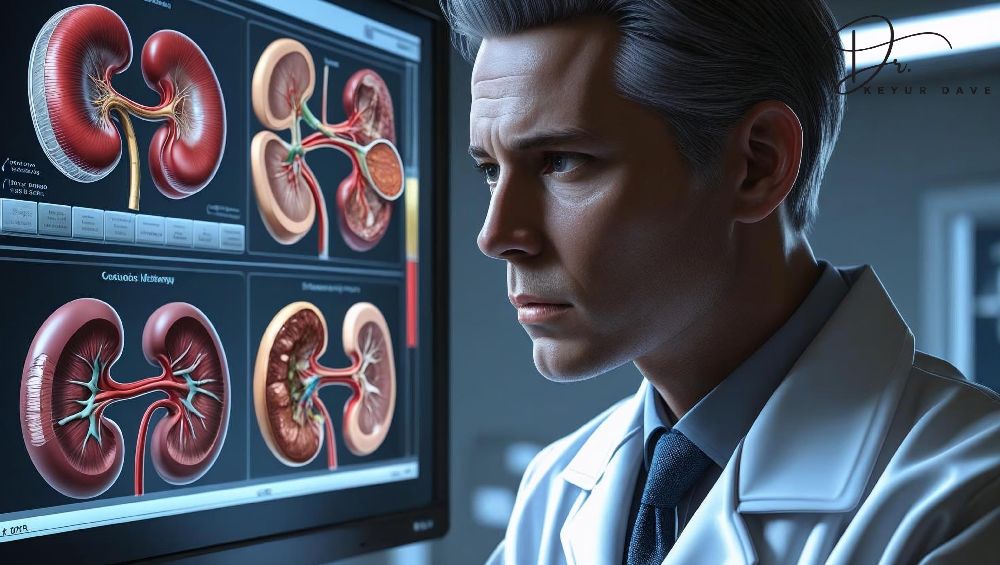
Your kidneys perform essential functions every day—from removing waste to balancing electrolytes and blood pressure. When these vital organs are at risk, you may be referred to a kidney expert known as a nephrologist.
In this article, we’ll explore what nephrologists do, the conditions they treat, and why their role is so critical to maintaining your overall health.
🩺 Who Are Nephrologists?
A nephrologist is a doctor who specializes in kidney care and disorders. After medical school, they complete training in internal medicine, followed by advanced education focused on the kidneys and related systems.
They are experts in identifying kidney diseases, preventing their progression, and managing complications such as high blood pressure, fluid imbalance, and electrolyte disturbances.
⚕️ What Health Issues Do Nephrologists Manage?
Nephrologists diagnose and treat a wide range of kidney-related conditions, including:
-
Chronic Kidney Disease (CKD)
-
Acute Kidney Injury (AKI)
-
Kidney infections and inflammation (e.g., glomerulonephritis)
-
Polycystic Kidney Disease
-
Kidney stones
-
Advanced kidney failure (requiring dialysis or transplant)
-
Electrolyte imbalances (potassium, sodium, calcium, etc.)
-
Uncontrolled or resistant high blood pressure
-
Kidney complications from other illnesses, like diabetes or lupus
They are also responsible for managing dialysis treatment and providing care before and after kidney transplants.
🧪 What to Expect at a Nephrology Appointment
At your first consultation, the nephrologist will:
-
Review your health history and medications
-
Order or analyze blood and urine tests to assess kidney function
-
Discuss symptoms or warning signs
-
Measure blood pressure and fluid status
-
Develop a personalized treatment plan that may include lifestyle advice, dietary changes, or medications
Their primary focus is to preserve your kidney function, reduce risk factors, and help you avoid the need for dialysis if possible.
👩⚕️ When Should You Visit a Nephrologist?
You may be referred to a nephrologist if:
-
Your kidney test results are abnormal (such as a low GFR or high creatinine)
-
Your urine contains excess protein or blood
-
You have difficult-to-control blood pressure
-
You have diabetes with early signs of kidney damage
-
You’re forming recurrent kidney stones
-
You are approaching end-stage kidney disease and need to plan for dialysis or a transplant
Seeing a kidney specialist early can help slow disease progression and improve outcomes.
💬 Final Words
Nephrologists are essential to managing kidney health and preventing serious complications. Whether you’re facing early signs of kidney issues or need advanced treatment like dialysis, their expertise is key to ensuring your kidneys function as long and as well as possible.
If your doctor recommends a nephrology referral, don’t delay. Early care can make a significant difference in your long-term health and quality of life.

.png)
